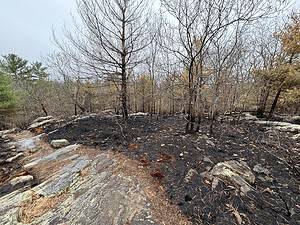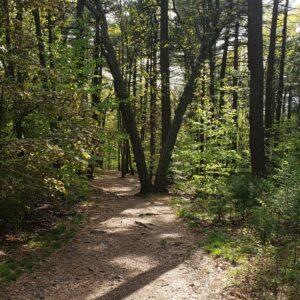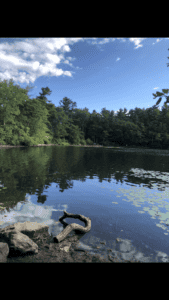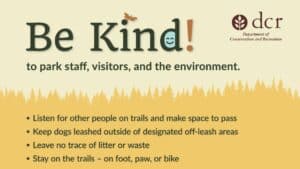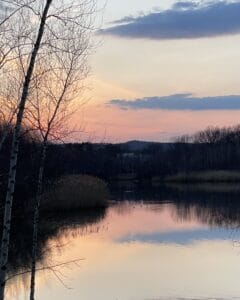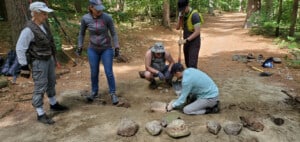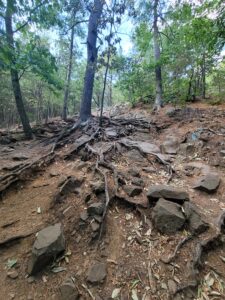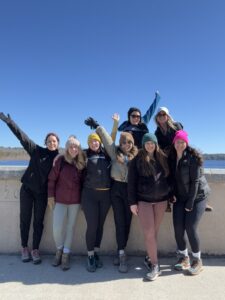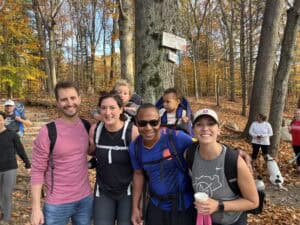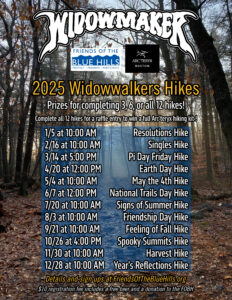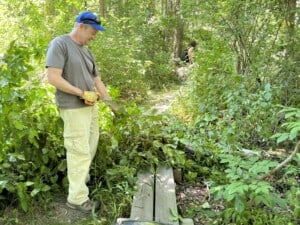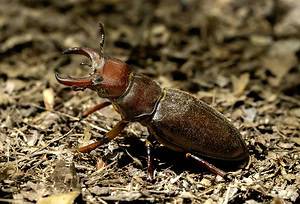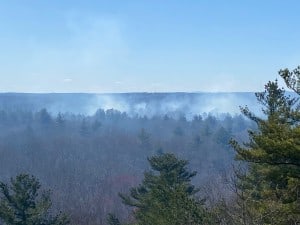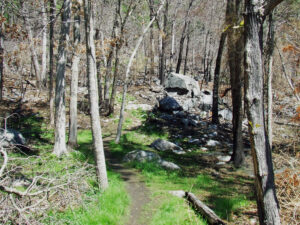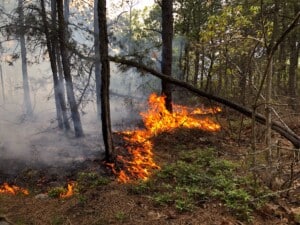As New Year approaches, many of us mull over how we can make next year better for ourselves, our families and our communities. Maybe part of acting differently next year involves thinking differently about each other and the world around us. Let us know if you find food for thought in this excerpt from Professor Jonathan Twining’s address entitled “I See You: Opening Our Eyes to the Biodiversity of the Blue Hills.” Professor Twining, an assistant professor of Biology at Eastern Nazarene College, delivered the full address at a Friends of the Blue Hills’ Annual Meeting.
“I see you”. Three little words which together have a very powerful meaning. Though these words were made famous by the recent movie, Avatar, the saying actually comes from the Zulu language of southern Africa. The actual greeting in Zulu is “Sawubona” meaning “I see you”, and the response is “Ngikhona”, meaning “I am here”.
“I see you”. It means so much more than our casual “hello” or “hi” or “t’sup”? If I were a member of the Zulu community and spoke the words “I see you”, it means that I acknowledge your existence; I am a witness to your presence here. It is an affirmation that you matter to me; I see who you are and I value and respect you.
The response, “I am here”, is also profound, because it is an acknowledgement that I exist in this place, right here and right now. I am validated and I matter because you see me.
I think there is much that we can learn from this simple, yet powerful greeting. Imagine if we would all learn to see each other, and acknowledge each other as having value and importance.
What if we said “I See You” to the Blue Hills? Can we acknowledge the existence of the Blue Hills and the species that live there in such a way that we affirm their value and that they matter to us?
We will really see the Blue Hills when we see ourselves as part of the same community as the living species and their non-living habitats. We usually think of communities in terms of the people, the interactions between people and the services that people require to have a certain quality of life. But the word “community” is actually incomplete without an understanding that it encompasses all other living species and natural systems within our sphere of influence. To really see the American toad that crosses the trail in front of us, for example, we must also understand what links us to this toad, to the rocks we walk on, the plants we see and the entire special habitat that this toad needs to survive. Once we really see our connection, then and only then, can we truly love, conserve and protect this special place.
“I see you”; three words with a very rich, deep, and powerful meaning. What will you see the next time you visit the Blue Hills? I hope you will open your eyes to see the biodiversity of this special place in all of its forms, and will envision a future where we and our children and our grandchildren can enjoy them in their natural state in this wonderful reservation so close to the heart of Boston.

